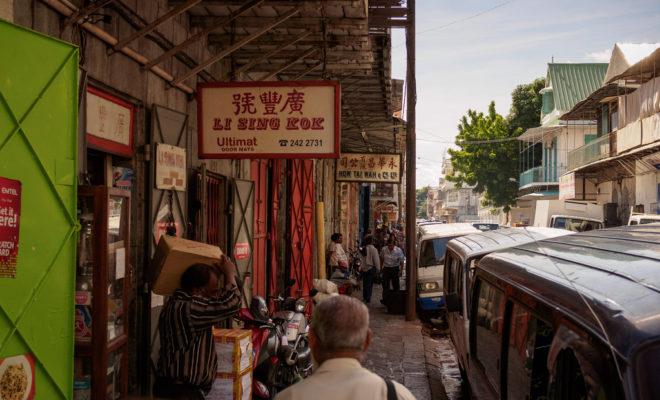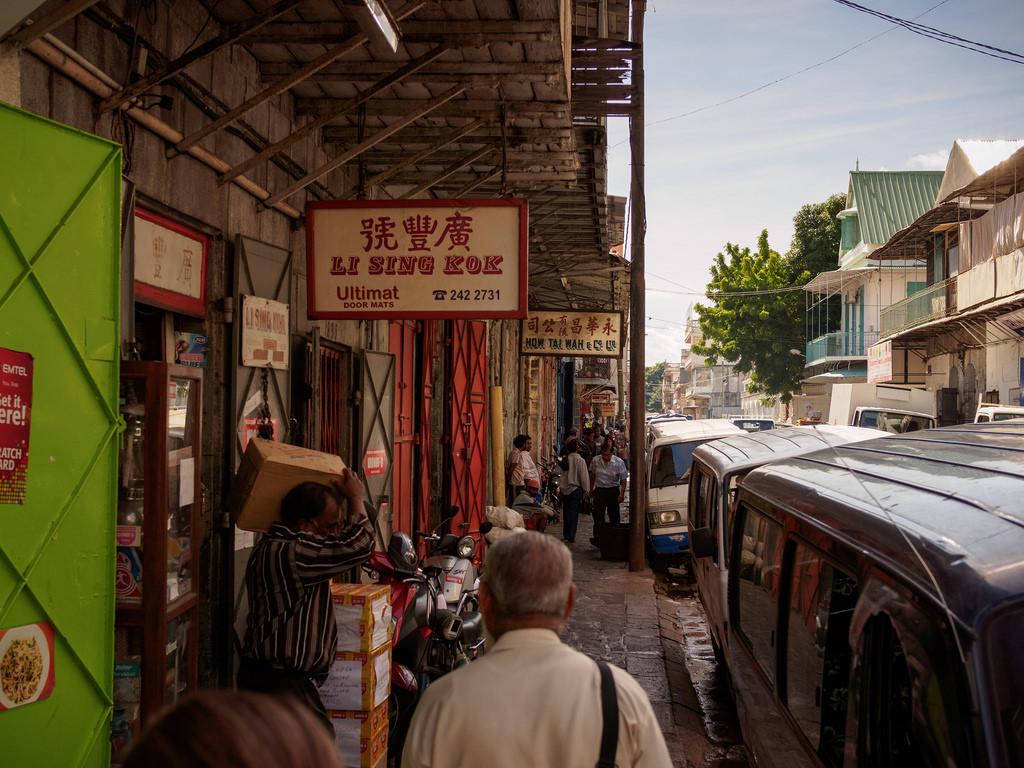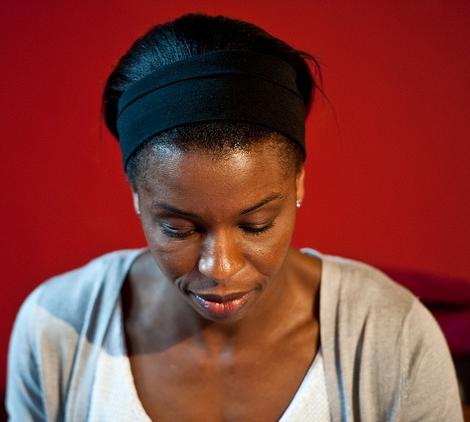China in Mauritius: Gateway to Africa or forgotten friend?

China and Mauritius will reassert their friendship again at FOCAC, but is it just a matter of time before Beijing outgrows its tiny partner?

Mauritius has had a close relationship with China since independence, in part due to its diaspora links. Credit: Lukas Litz Obb.
When the Mauritian and Chinese leaders meet at the Forum on China-Africa Cooperation (FOCAC) on 3-4 September, it will be for the second time in just over a month. At the end of July, President Xi Jinping travelled to Mauritius as the final stage of his five-nation tour that included the UAE, Senegal, Rwanda and South Africa.
Xi’s short time on the small island was described modestly as a “friendly visit”, though that didn’t stop Mauritius pulling out all the stops. The highways were strewn with banners and flags welcoming Xi and his wife. Newspapers were filled with ads from local and Chinese companies hailing the visit. For 24 hours, state television could barely turn away from proudly broadcasting images of the Chinese delegation.
In the end, though, it was unclear what came out of the meeting between President Xi and Prime Minister Pravind Jugnauth. The two countries traded compliments and renewed their joint commitment to sign a free trade agreement and deepen ties. China announced an additional $23 million grant (but for what is vague) and officially invited Mauritius to attend FOCAC in Beijing.
Beyond that, however, it remains unclear where the relationship between China, the world’s most populous and second richest country, and Mauritius, a microdot in the Indian Ocean with a population of just 1.3 million, is heading. Moreover, it is unclear whether the partnership is – as both leaders insisted – win-win.
A deepening friendship?
Mauritius has had relations with China from independence in 1968 when it immediately subscribed to the ‘One China’ policy. A small but influential Chinese diaspora on the island also ensured close business links between the two countries. Over the last decade or so, however, the relationship has deepened with Mauritius looking east as its preferential access to European markets has winded down.
China has seized this opportunity in soft as well as harder ways. In recent years, for example, more Chinese cultural centres have appeared, a Confucius Institute has been established at the University of Mauritius, and tourist numbers have increased. Bank of China has established a branch on the island, while tech giant Huawei has set up a headquarters and CCTV has increased its presence.
The superpower has also engaged heavily economically. Yihai Investment Ltd has secured a $315 million contract for a 200,000 square metre real estate development. China financed the Bagatelle Dam, which was built by a subsidiary of the China Three Gorges Corporation. And Beijing has offered considerable loans and support in the construction of a new airport terminal, roads and hospitals.
China is also Mauritius’ main trading partner, accounting for 18% of imports, ahead of India’s 16.5% and South Africa and France’s 8%. Consolidating a free trade agreement could enhance these flows and open up Mauritian products to Chinese markets. At the moment, trade is highly skewed with the island importing $825 million of goods from China while only exporting $46 million.
For Mauritius, these economic links are important. But for years now it has also had more ambitious plans for its partnerships with China, and indeed India. As economic growth has slowed from the heady days of the 1980s and 1990s, the small island has been trying to remarket itself as a gateway from Asia to Africa. Its basic pitch is that its legal, financial and administrative experience along with its well-educated labour force and stable political environment make Mauritius the perfect location to set up bases from which to operate on the African mainland.
One example of this is the Jinfei Smart City project. This plan started life in 2006 when Mauritius became a surprise pick to be the host of one of China’s Special Economic Zones (SEZ) in Africa. Its original aim was to develop a 211 hectares plot to become a hub for light engineering, ICTs and services. Yet for almost a decade, the project stalled. Over this time, its focus shifted to the less ambitious aim of offering hospitality and business facilities. In 2015, the Mauritian government restructured the SEZ as a joint venture with Chinese developers, taking hold of 80% of shares in the process.
This was a sobering experience for the island, yet it does not seem to have discouraged the government in pushing the vision of Mauritius as a bridge to Africa. It continues to try to attract foreign businesses to set up headquarters on the island to benefit from its good infrastructure and a safe legal setting. Many experts, however, remain sceptical and question why Asian countries wouldn’t just bypass the island.
A gateway to nowhere?
Having recently turned 50 years old, Mauritius is in the process of trying to establish a new foothold in the world.
[Africa’s little miracle nation turns fifty]
On the one hand, its existing partnerships with China and India – based on both close diaspora links as well as political and economic ones – could be hugely fruitful. Jugnauth’s meetings with India’s Prime Minister Narendra Modi and President Xi this year suggest Mauritius continues to punch above its weight, to the extent that the Financial Times has had to ask “Is Mauritius big enough for China and India?”
Yet on the other hand, many are concerned that Mauritius risks losing its relevance. Its plan to be a gateway to Africa has not really taken off despite the Mauritian government playing a proactive role such as the creation of an Africa Fund with seed money of $500 million. The Indian Ocean is already crowded geopolitically with the US in Diego Garcia and the Indian navy on the Mauritian archipelago of Agalega. And despite Mauritius issuing its support for China’s ambitious Belt and Road Initiative, its southerly location does not suggest it will be an essential part of this world-spanning project.
When Jugnauth and Xi meet again next week, they may well reiterate their status as “friends”. But only time will tell if Mauritius can convince China that it’s a friend worth keeping.





